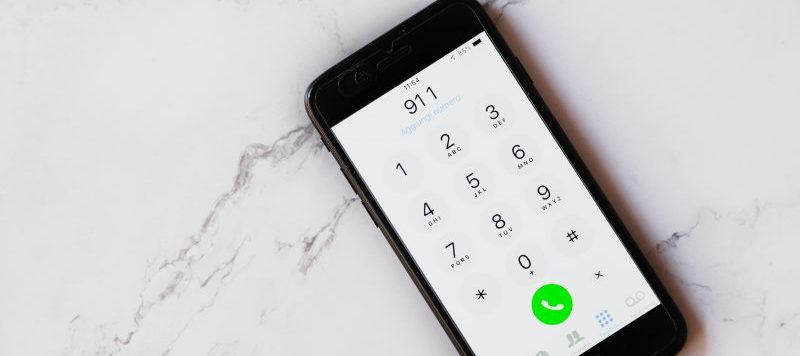Calling 911 is not something most people think about until they are facing the most dire circumstances of their lives. Perhaps that is because since the first 911 call in the US was made in February of 1968, as a society we have come to rely without question on its availability. With increased accessibility, and the continued growth and mobility of the population, the 911 industry has grown.
(Read Kelly Brown’s 2022 GovLoop interview about going above and beyond to serve the public.)
 Along with this growth has been the expansion of professional careers within the public safety field. The 911 system is a complex network of technical systems, platforms, software and critical collaborations between police, fire, emergency medical services and 911 dispatchers. In the public safety communications world, 911 dispatchers are often called the first, first responders.
Along with this growth has been the expansion of professional careers within the public safety field. The 911 system is a complex network of technical systems, platforms, software and critical collaborations between police, fire, emergency medical services and 911 dispatchers. In the public safety communications world, 911 dispatchers are often called the first, first responders.
As the COVID-19 pandemic upended nearly everything we have come to know about modern life, heroes in just about every industry took center stage and were rightfully recognized for their selflessness in serving others. Doctors, nurses, EMTs and grocery store clerks have remained on the front lines and have sacrificed their own health and safety to keep the wheels of society in motion. Less often during this time though, has there been amplification and public recognition of 911 dispatchers and the essential work that they do.
In the District of Columbia at the Office of Unified Communications (OUC), 911 dispatchers handle a whopping 1.4 million calls every year. That breaks down to about 150 emergency calls per dispatcher, per day. In one year, that’s over 37,000 calls and nearly 200,000 in five years for every single dispatcher. The tenured 911 dispatchers at the OUC, which make up the majority of emergency communications professionals there, have served for 10 or more years. What that means is even more staggering to think about.
Generally speaking, when someone calls 911, they believe that the circumstances they are in or that they are witnessing are life-or-death scenarios. The person on the other end of the line, a 911 professional, has been highly trained to gather pertinent information about the situation and get field responders on the way. Understandably callers are in a heightened emotional state and may even be rendered speechless. There are children who have witnessed horrific crimes, individuals experiencing extreme medical emergencies, and those that have happened upon gruesome crime scenes – it truly runs the gamut. A 911 dispatcher never knows what the next call will bring.
An added dimension to the choice to nobly serve is the possibility that the next call you take could be from a family member or friend. Before the pandemic, 911 calls were already increasing in volume and severity. At the height of the pandemic, the calls came in for a terrifying mix of violent crime and family members and neighbors afflicted with the virus and gasping for air. Now, multiply the angst and adrenaline you can imagine comes along with dealing with such circumstances almost 200 times within one 12-hour period. In normal circumstances, 911 dispatchers sacrifice time with their families and suffer from their own health challenges and other personal crises. During the pandemic, like everyone else in the world, they too have been personally affected by COVID-19. The trauma has been acute and sustained.
Despite sundry professional and personal tragedies faced by 911 dispatchers at the OUC and by those across the nation, they have all continued to go above and beyond and answer the call to serve. They aren’t visible to the public, but they still very deserving of praise. As we approach the 53rd anniversary of the first 911 call made in the United States and one year since the COVID-19 public health shutdown, let us remember those who are rarely recognized for being a guiding light, for bringing order to chaos, and for being selfless public servants – the FIRST, first responders, our nation’s 911 dispatchers.
Interested in becoming a Featured Contributor? Email topics you’re interested in covering for GovLoop to featuredcontributors@govloop.com. And to read more from our Winter 2021 Cohort, here is a full list of every Featured Contributor during this cohort.
Kelly Brown is the Special Assistant to the Director of a public safety agency in Washington, D.C. In her 22 years in government, she has served in senior advisory roles within the executive offices of mayors and city administrators. Her career achievements include drafting the District of Columbia government’s first set of published customer service standards and conceptualizing engagement and culture pivot programs for upward of 40,000 employees. Kelly spends her spare time working on a collection of personal essays that she hopes to have published soon. She is passionate about language and about helping others find and cultivate their distinct voices, too.





Leave a Reply
You must be logged in to post a comment.